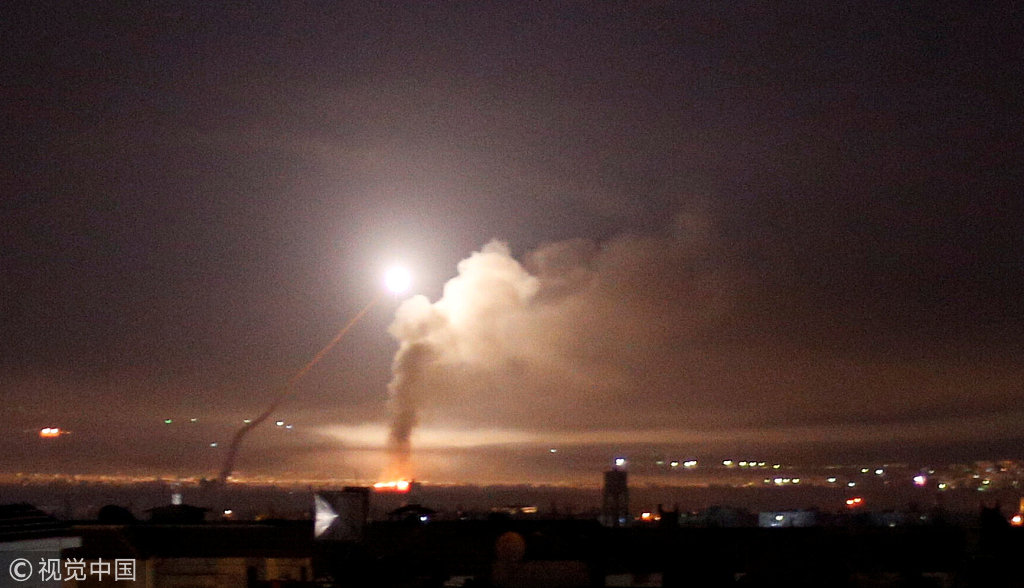Military success in Syria does not mean end of the crisis: China Daily editorial
chinadaily.com.cn | Updated: 2018-09-09 20:14

As Syrian and Russian forces press ahead with what they believe is to be a decisive strike on Idlib, the last bastion of terrorists and rebel forces in Syria, voices have become louder warning of "the worst humanitarian disaster in the nation's seven-year civil war".
"There are more babies in Idlib than there are terrorists," the British ambassador to the United Nations told the United Nations Security Council. Her US counterpart called the ongoing assault "a playbook of death".
Even Turkish President Recep Erdogan, who endorsed a "phased stabilization plan" for war-torn Syria with Iranian and Russian presidents Friday in Tehran, voiced opposition, warning it "will result in a disaster, massacre and a big humanitarian tragedy".
It is obvious the Syria government forces' final victory against the rebels and terrorist groups are the last thing the US wants to see as it will mean its loss to both Russia and Syrian leader Bashar Assad whom the US has been trying to topple.
While amassing a battle-ready military presence nearby, United States troops have launched a surprise exercise, sending a strong warning signal.
The offensive will proceed anyway, until reports of a fresh chemical weapons attack breaks. Considering the lingering questions surrounding the previous chemical weapons-related allegations, no twist and turn may be surprising going forward. Reports of chemical weapons use are the sole proven trigger for direct military intervention by the West.
It would be well if all sides could heed the words of China's UN representative who has appealed for restraint by all parties.
Conflicts in the area have rarely been free of outsider involvement. Those in Syria are particularly complicated because they are not only attached to various parties' immediate wins or losses on the battlefields, but also contradicting geopolitical pursuits.
Despite its inability to realize regime change through military means, the United States is not ready to tolerate the Syrian government and Russia's final military victory on the battlefields. It would rather see a Syria split between Assad and the opposition forces.
The tripartite Tehran summit was correct at least on one point – "there can be no military solution" to the war in Syria. The Idlib offensive, even it ends with the kind of expected military success, will be anything but conclusive.
Just as the Friday summit did not produce a clear roadmap for ending the civil-war for the absence of the Syrian government and opposition factions, any postwar political arrangements will prove problematic without consensuses being reached among broader stakeholders.
























